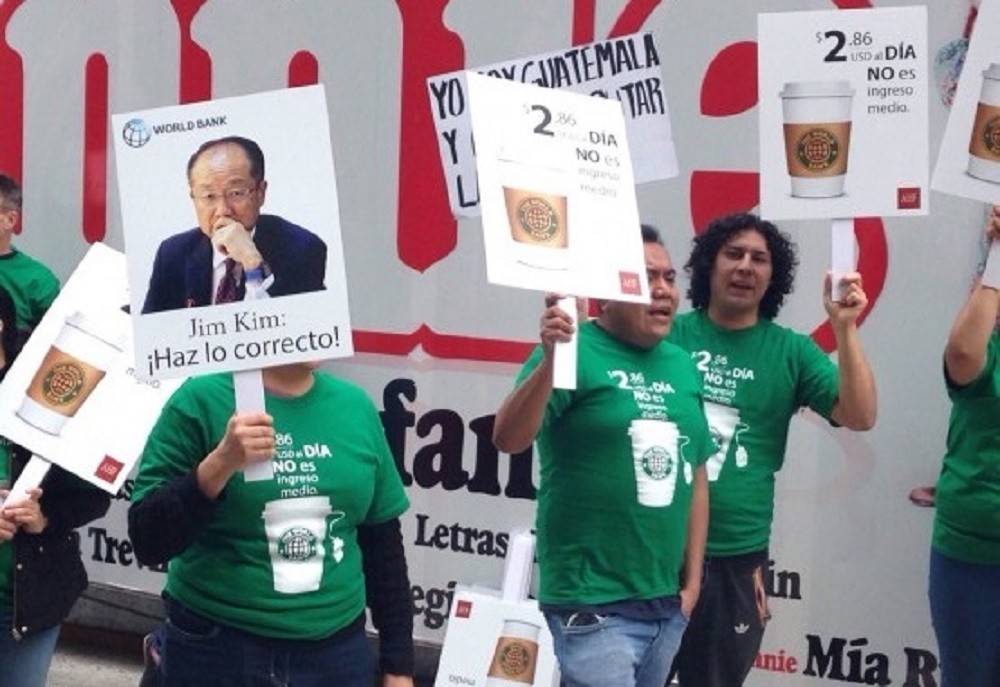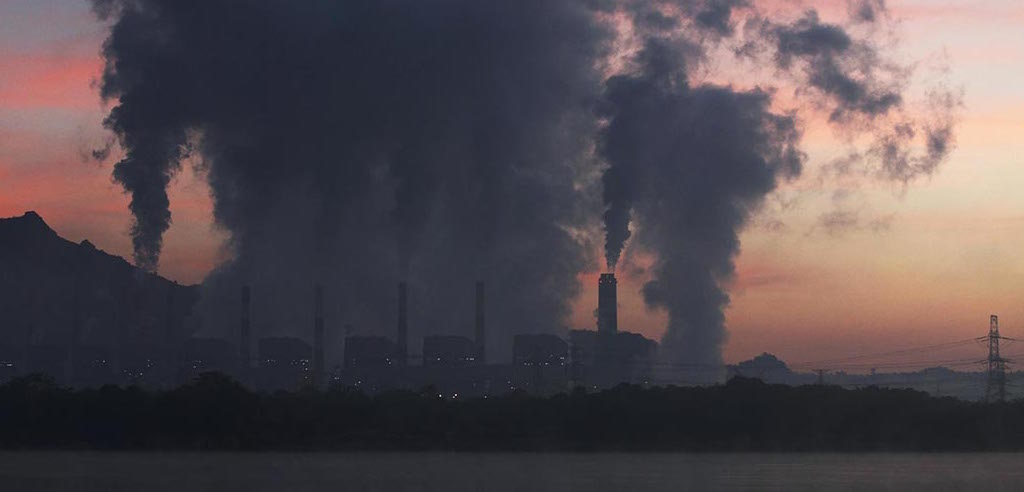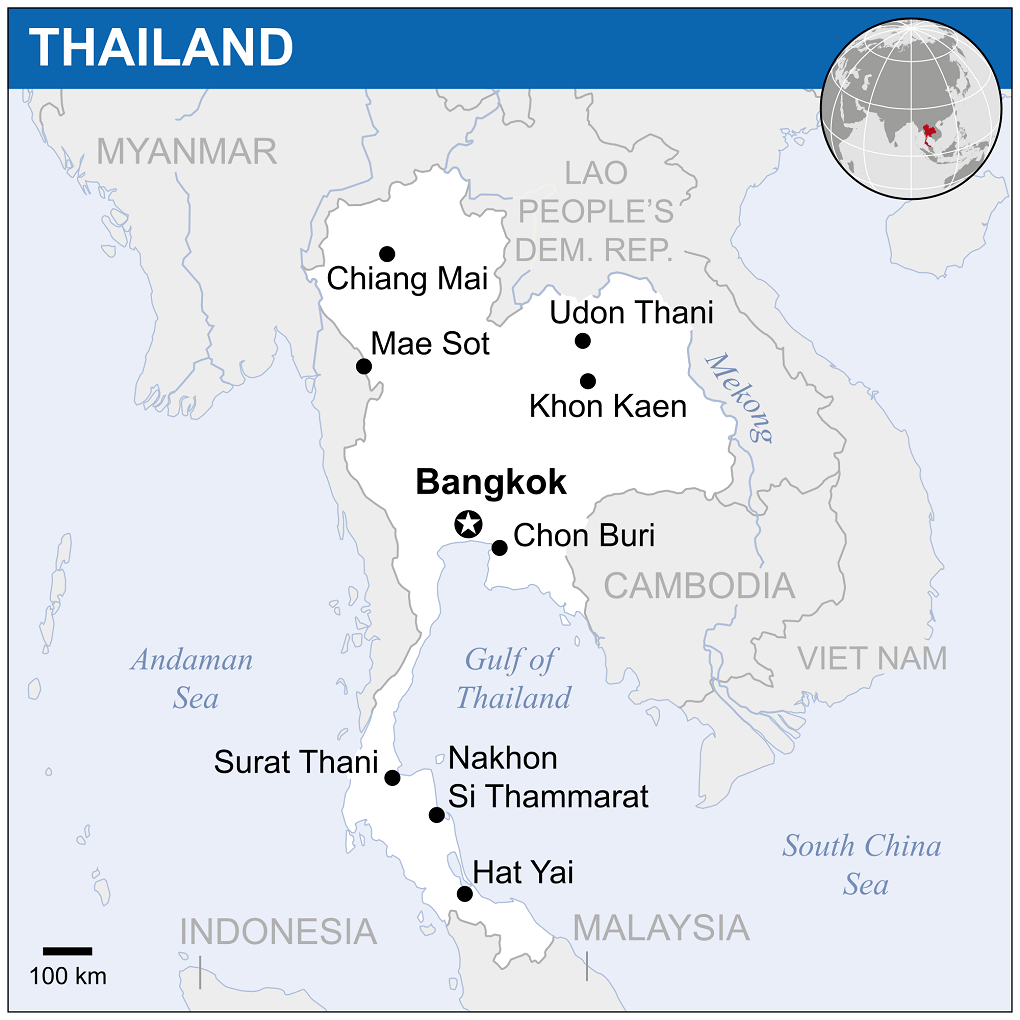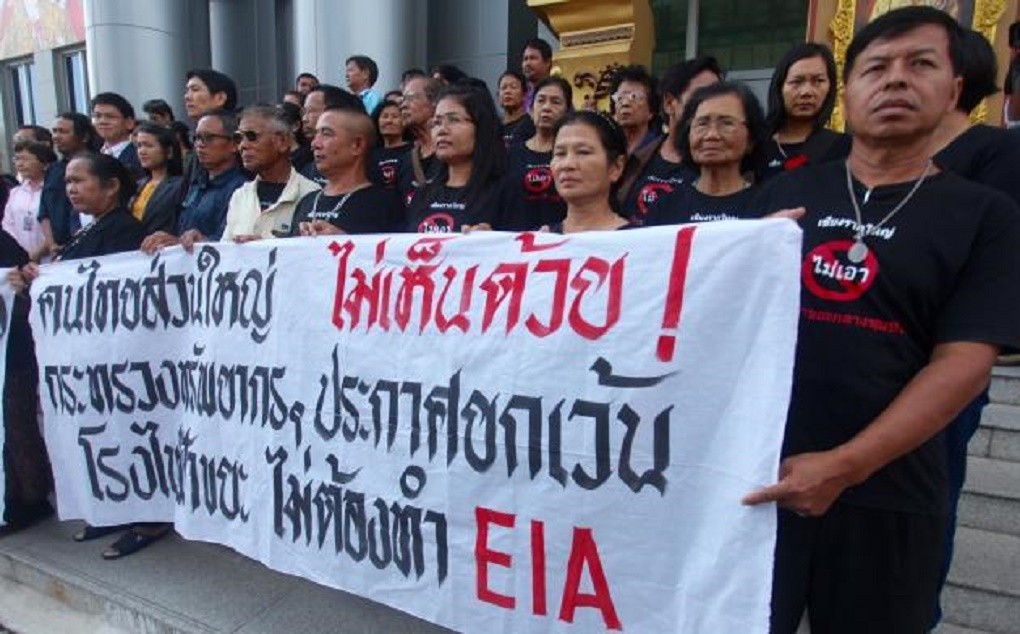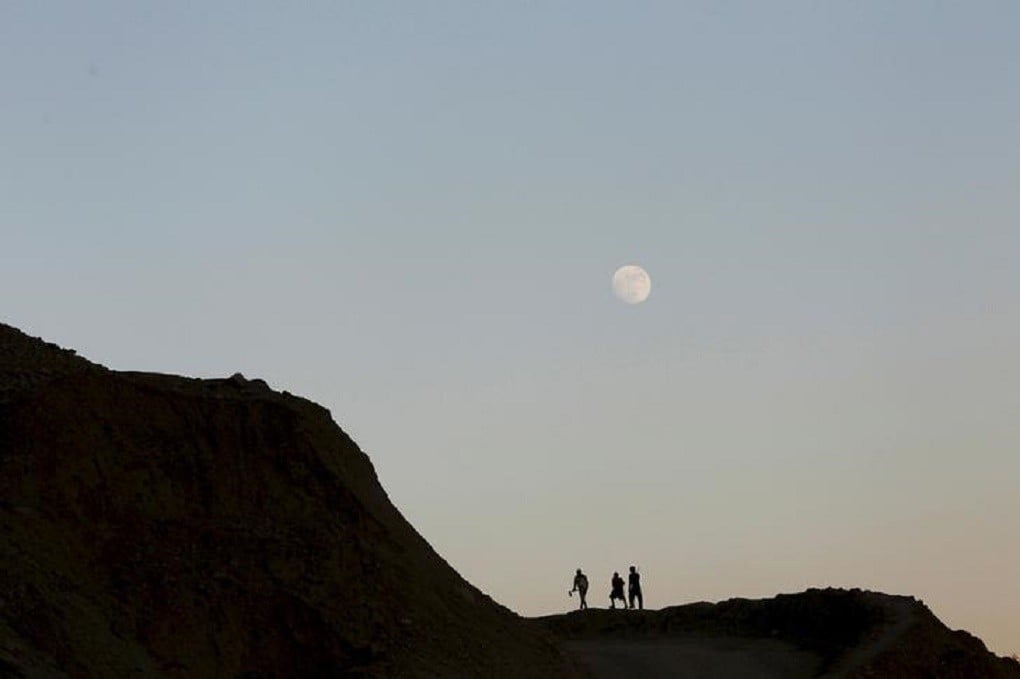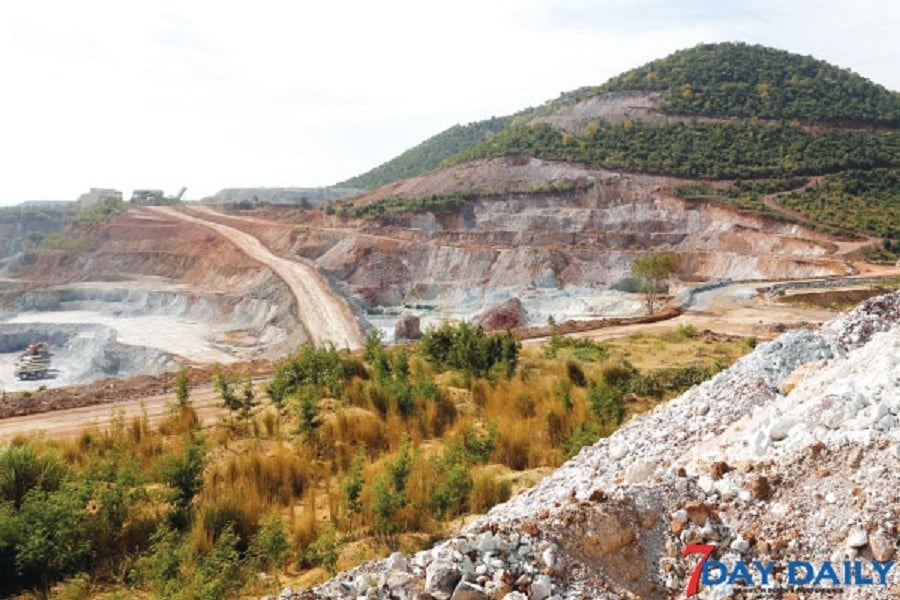Pact inquired with ministries and other actors about the prospects for more effective environmental impact assessment (EIA) policy and practice and the role of multi-stakeholder cooperation at the regional level to improve EIAs in the five Lower Mekong countries (Cambodia, Lao PDR, Myanmar, Thailand and Vietnam). A team of country experts analyzed the relationships and interests involved in improving the state of EIA. Pact’s analysis indicates that there is strong support among government and non-governmental stakeholders alike for reform of national EIA procedures, increased public participation, and development of a regional EIA standard. Pact hopes this research encourages continued dialogue across boundaries and stakeholder groups in order to tackle the pressing development challenges facing the Mekong region.
Tag: EIA
Charter writers agree to spell out community rights
The Constitution Drafting Committee has agreed to spell out in the new draft communities’ right to sue state agencies and the requirement for environmental and health impact assessments for all large projects following numerous complaints.
The move came after people in the provinces, environmental activists and academics had criticised the omissions of community rights provisions present in Section of 67 of the 2007 charter.
Charter writers explained earlier they had taken a different approach to protecting the rights. Instead of putting them in the Rights and Liberties chapter like in the previous constitution, they included them by implication in the State Duties chapter. While they claimed the effects were the same, activists and communities were not comfortable with the change.
World Bank safeguards review: “human rights-free zone”
The Bretton Woods Project As the third and final consultation phase on the second draft of the World Bank’s proposed new environmental and social framework (ESF), replacing the current safeguards, progresses, civil society organisations (CSOs), the UN and certain member states continue to demand that the Bank incorporates human rights in all its activities (see […]
Coal Power on the Rise: Mekong Region Digs In
While initiatives by the Asian Development Bank, ASEAN, United States, Japan, France and the private sector aim to advance renewable energy within the Greater Mekong Subregion (GMS), coal-fired power plants are slated to become an increasingly larger share of the region’s electricity generating portfolio.
Section 44 to clear way for setting up new Special Economic Zones, and possible new Biomass Power Plant without EIA
General Prayut Chan-o-Cha, leader of the National Council for Peace and Order used authority under section 44 declared 2 NCPO orders on January 20. The first one is on the exception on the enforcement of city plans in some project types 1) power plant 2) power plant gas that do not use natural gas for delivery or disposal 3) factory that improve overall quality of products ( sewage treatment plant/incinerator) 4) factory for sorting and landfill 5) factory for recycling. Another NCPO order was to exclude the application of the city planning and building control laws in the area of special economic development zone. This also includes various local ordinances which are the limitations of the ban on construction, modification, decommissioning, moving and using, or changing the use of buildings.
Thai junta scraps regulations on industries, power plants
Thai junta leader has used his absolute power to scrap regulations on the construction of power plants and factories in a bid to secure energy needs and woo investors.
PARTNERSHIP IN ACTION Regional governments and civil society journey toward improving public participation
The 25 members represent governments and Civil Society Organisations (CSOs) from across the region. They have tasked themselves with drafting public participation guidelines to ensure communities and citizens have input into development projects such as dams, mines, transportation links or economic zones. Through drafting a regional standard on participation in EIA, the group hopes countries across the region will improve public involvement in the decision-making process.
Getting 10 civil society organisations, five governments and an array of ministries to agree on one set of guidelines will be hard. But the members are up for the challenge. They have a lot to teach each other. And are eager to learn from experiences in other countries and sectors.
We talked to a few members of the RTWG during their first official meeting in Bangkok in September to see how they felt about this challenging but exciting opportunity. Their video interviews are below.
My country, Thailand, hosted this kick-off meeting, and two of Thailand’s five members are Mr. Suphakij Nuntavorakarn, Healthy Public Policy Foundation and Ms. Chanakod Chasidpon, Office of the National Economic and Social Development Board (NESDB) of the Thai government.
Villagers fight waiver of EIA for power plants
REPRESENTATIVES of people from seven provinces yesterday filed a complaint with the Central Administrative Court in Bangkok calling on the Natural Resources and Environment Ministry to revoke its announcement waiving environment impact assessments (EIA) for waste-fired power plants.
Environmentalists Hope for Stronger Safeguards under NLD
In the wake of recent disasters that have shone a light on the human toll wrought by a lack of environmental and development-related safeguards, local activists are hoping to reverse Burma’s abysmal environmental protection record when a new government assumes office in March next year.
In July and August, swaths of the country were inundated by severe flooding, which in some areas triggered deadly mudslides, exacerbated in part by deforestation. Less than a week ago, a landslide near a jade mine in Kachin State’s Hpakant Township claimed more than 100 lives when a man-made mountain of earthen waste collapsed on workers’ makeshift huts.
How could we do better EIA/SIA?
“The investors have just submitted to MIC, but most of the projects are already started (on the ground). Rules and regulations are just follow-up activities and EIA/SIA is just for ticking the box”


